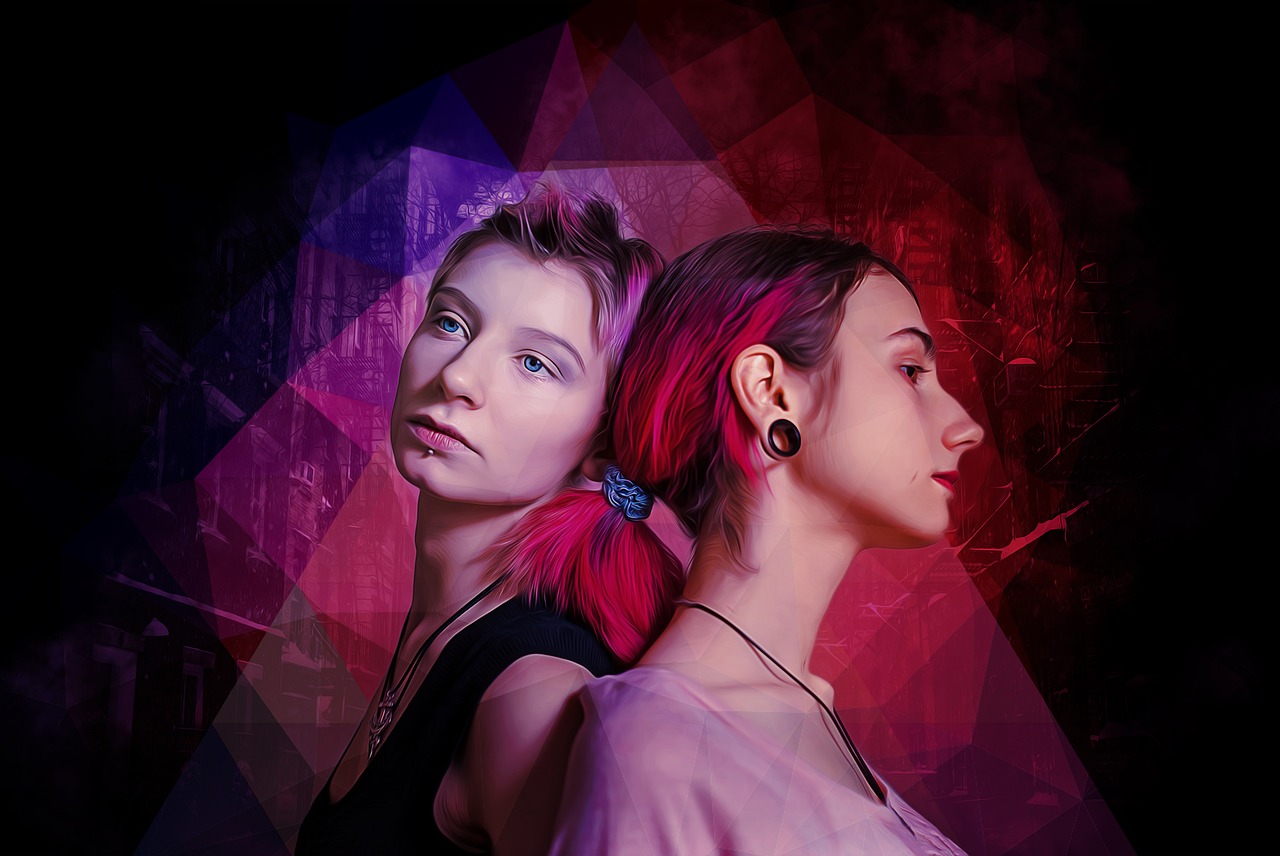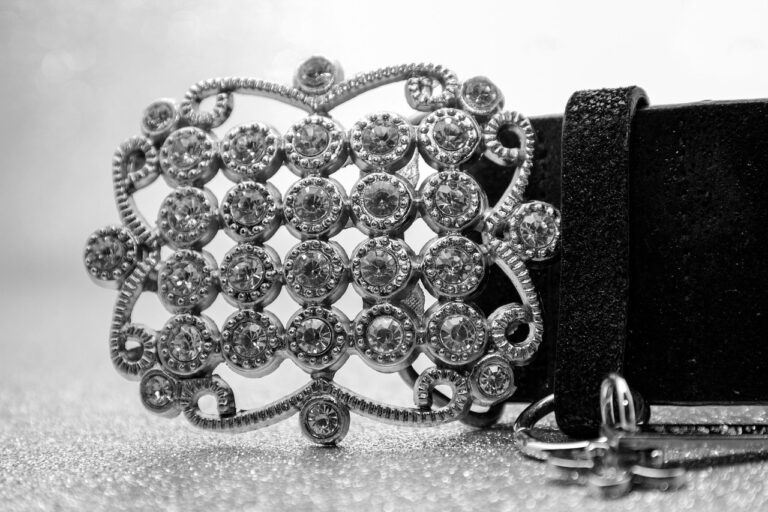Fashion and Digital Innovation: The Role of Artificial Intelligence in Design
The fashion industry has witnessed a remarkable evolution over the years, with trends and styles constantly changing to meet the demands of consumers. In the past, fashion was mainly dictated by elite designers and high-end brands, but today, it has become more inclusive and diverse, catering to a wide range of preferences and budgets.
Moreover, advancements in technology have played a crucial role in shaping the evolution of the fashion industry. The rise of social media platforms has revolutionized the way trends are spread and how consumers interact with brands. Additionally, e-commerce has made fashion more accessible than ever, allowing people to shop for the latest styles from the comfort of their own homes.
Impact of Technology on Fashion Design
Advancements in technology have significantly revolutionized the fashion design industry. With the introduction of 3D printing, designers now have the ability to create intricate and complex designs that were previously impossible to achieve. This technology has opened up new possibilities for creating unique and customizable pieces, allowing designers to push the boundaries of traditional fashion.
Additionally, the use of virtual reality (VR) and augmented reality (AR) has transformed the way consumers experience and interact with fashion. Brands are now utilizing these technologies to create immersive and engaging shopping experiences, allowing customers to virtually try on clothes and accessories before making a purchase. This not only enhances the overall shopping experience but also helps in reducing returns and increasing customer satisfaction.
Influence of Artificial Intelligence in Fashion
Artificial Intelligence (AI) has seamlessly integrated into the fashion industry, revolutionizing the way designs are created and delivered to consumers. By harnessing AI algorithms and machine learning, designers can now analyze vast amounts of data to predict trends and preferences with unparalleled accuracy. This has greatly streamlined the design process, enabling fashion houses to stay ahead in a rapidly changing market.
Moreover, AI has empowered brands to personalize the shopping experience for customers through recommendation systems that suggest products based on individual style preferences and browsing history. This level of customization not only enhances customer satisfaction but also helps companies optimize inventory management and anticipate demand. As AI continues to evolve, its influence on fashion is poised to shape the industry’s future in unimaginable ways, from sustainable manufacturing practices to virtual fitting rooms.
• AI algorithms and machine learning analyze data to predict trends accurately
• Streamlined design process for fashion houses
• Personalized shopping experience for customers through recommendation systems
• Enhances customer satisfaction and optimizes inventory management
• Influence of AI in fashion industry poised to shape future with sustainable practices and virtual fitting rooms.
How has the fashion industry evolved over the years?
The fashion industry has evolved significantly with advancements in technology, from the way designs are created to how they are marketed and sold.
How does technology impact fashion design?
Technology has revolutionized fashion design by providing tools for designers to create digital designs, prototype garments, and even use virtual reality to visualize final products.
What is the influence of artificial intelligence in fashion?
Artificial intelligence has transformed the fashion industry by predicting trends, optimizing supply chains, personalizing customer experiences, and even creating custom designs tailored to individual preferences.







